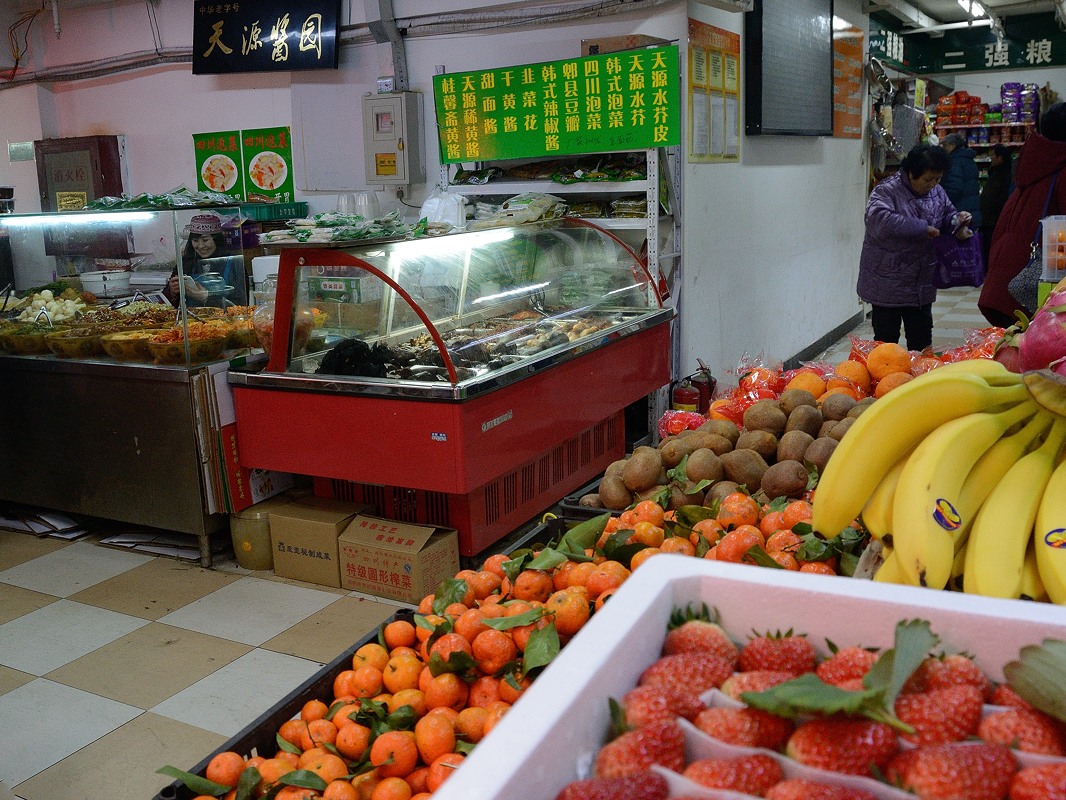I recently took a tour of the Niujjie Mosque in Beijing. This is the oldest and largest mosque in Beijing. Niujie means Oxen Street.
The is the women's prayer hall. I wasn't able to enter but I was allowed to stick my camera through door way and capture this picture. The white sign on the post says "Do not step on the white linen" in the Malay language. The white linen is where you place your head when you pray.
This structure is part of the original mosque built in the 10th century.
The mosque was rebuilt in the 13th century and expanded in the 17th century.
This is the main prayer hall. I wasn't allowed to enter but the imam showing us around offered to take the picture for me. The mosque is built with traditional Chinese architecture with the addition of Arabic inscriptions.
I'm not sure what "clothes illness" means. Young women in China like short skirts but I don't think I have seen any tutus.
This women and child were soliciting donations.
Here the imam is explaining something to the group.
There is a nice museum in the mosque in what was originally a school.
Many of the items are distinctly Chinese but with Arabic touches.
These are tombs of important imams.
This is the inscription above the doorway to the station where worshipers wash before entering the prayer hall.
This is the dormitory for the imams who lead worship and otherwise run the mosque.
After our visit to the mosque we walked through the neighborhood on our way to a halal store. We passed this group of men playing Chinese chess. Our guide described the bystanders as "consultants". They certainly weren't shy about offering advice.
This is the entrance way into a small hutong. Those are leeks hanging above the bicycles.
Another doorway in the neighborhood. Notice the Arabic on the sign.
This is a cart of incense for sale outside a Buddhist temple in the neighborhood.
This is one of the meat counters in the halal market. Many non-Muslims shop in halal markets figuring at least there are some rules about food purity and preparation. They believe they are better monitored for compliance than local markets.
Some fruits and vegetables for sale.
















